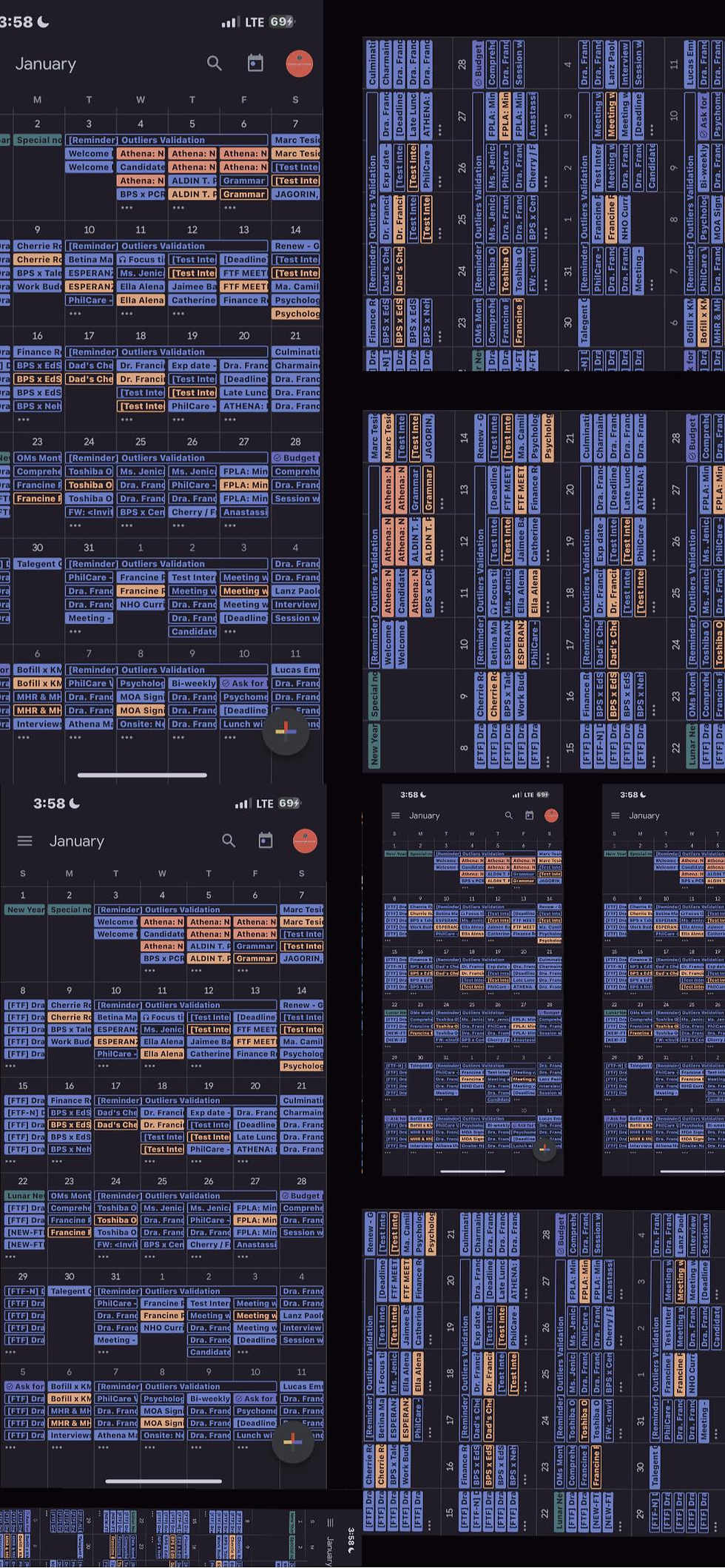The Role of Video Games in Mental Health during COVID-19 Lockdowns
- Paul Nejceb Jacalan
- Mar 10, 2022
- 4 min read
Updated: Apr 4, 2022
Overview of the Phenomenon
With the outbreak of COVID-19 during the first three months of 2020, our very lives have been subjected to different types of community quarantine protocols to prevent the spread of the deadly virus (Bainbridge & Vimonsuknopparat, 2020). Malls were closed, learning became virtual, social gatherings became taboo, and our chances to travel became extremely hard. All the things we used to enjoy has now become a memory.
Sudden changes in lifestyle due to the pandemic have greatly affected people's psychological well-being. According to Tee et al. (2020), during the early phase of the COVID-19 pandemic in the Philippines, one-fourth of the respondents recorded an increase in anxiety levels which range from moderate to severe, while one-sixth of the respondents indicates an increase in feelings of depression from moderate to severe. These results highlight the spike of different mental health concerns due to the sudden and continuous effect of the pandemic trend.
With everyone forced to stay at their homes during the height of COVID-19 lockdowns, people were looking for ways not just to survive but to cope with the unrelenting situation. People began to look for ways to entertain themselves, and one of them is video games. Anecdotal reports suggest that many have turned to playing video games during the height of the pandemic (Barr & Copeland-Stewart, 2021).
A Whole New World
Games that provide a sense of escapism garnered popularity during the height of the pandemic, according to several studies (Barr & Copeland-Stewart, 2021) (Coyle, 2020) (Zhu, 2021). No wonder games like Animal Crossing, Stardew Valley, Legend of Zelda, and Genshin Impact garnered international attention thanks to their relaxing, immersive gameplay. These games allowed players to explore environments, interact with other people, and live an unbothered life virtually. It helped many people temporarily escape from the gloom given by the pandemic by being “present” in a different world. Contributions to Well-Being
Recent studies on understanding the impact of playing video games during COVID-19 lockdowns have shown positive indications.
According to Barr and Copeland-Stewart (2021), their study suggests that people who play video games have a significant positive outcome on their perceived well-being during lockdowns. It is also mentioned in the results of the research that people used video games as means of maintaining social connection and a stress-relieving and mentally stimulating escape from the effects of the pandemic.
Another study suggests that video games have offered uncommon mood-improving and stress-reducing effects. Games help players shift their attention from whatever is disrupting their mindset into the external reality of the game. This shift has been shown to calm the nervous system and, compared to other activities such as watching a movie, nothing beats video games since they are known to be immersive as they fully engulf and distract the players' mind from worries and stress (Wiedlerhold, 2021).
Concerning the mentioned studies, related research has shown that active video games (AVG) are now utilized to improve children and adolescents' physical and psychological well-being during social isolation. A study conducted by Santos et al. (2021) has shown moderate-quality evidence that active video games positively contribute to children and adolescents’ self-esteem, energy expenditure, and physical wellness while being at home due to the pandemic. Enjoyable in moderation
While playing games is proven to be psychologically valuable at this trying time, moderation in playtime is recommended for children and adolescents to avoid health-related problems, according to The Child Mind Institute (2019). While there is no official health guideline on how much gaming is too much for adults, the answer is likely for them to moderate their playtime as well. Gaming is associated with many different health issues (Grinspoon, 2020).
Is playing too much means for a gaming disorder?
That depends on current medical references. Currently, only the International Classification of Diseases (ICD) considers the existence of 'gaming disorder.' But the Diagnostic and Statistical Manual of Mental Disorders (DSM-5) is yet to study its inclusion as a disorder. However, the DSM-5 has a section to provide information for people and medical practitioners to identify the warning signs of video gaming-related problems (Ratini, 2021). The gaming disorder is not fully understood or agreed upon but can include public health approaches such as education and harm reduction programs, stricter warning labels, as well as future psychological interventions (Grinspoon, 2020).
References:
Bainbridge , A., Vimonsuknopparat, S. (2020). This is what life is like in the Philippines amid one of the world's toughest coronavirus lockdowns. Retrieved from https://www.abc.net.au/news/2020-04-29/philippines-social-volcano-threatening-to-erupt-amid-covid-19/12193188
Barr, S., Copeland-Stewart, A. (2021). Playing Video Games During the COVID-19 Pandemic and Effects on Players’ Well-Being. Retrieved from https://journals.sagepub.com/doi/full/10.1177/15554120211017036
Child Mind Institute. (2019). Healthy Limits on Video Games. Retrieved from https://childmind.org/article/healthy-limits-on-video-games/
Grinspoon, P. (2020). The health effects of too much gaming. Retrieved from https://www.health.harvard.edu/blog/the-health-effects-of-too-much-gaming-2020122221645
Nielsen. (2021). 3, 2, 1 Go! Video Gaming Is At An All-Time High During Covid-19. https://www.nielsen.com/us/en/insights/article/2020/3-2-1-go-video-gaming-is-at-an-all-time-high-during-covid-19/
Ratini, S. (2021). Is Video Game Addiction Real?. Retrieved from https://www.webmd.com/mental-health/addiction/video-game-addiction
Santos, I.K.D., Medeiros, R.C.D.S.C., Medeiros, J.A., Almeida-Neto, P.F., Sena, D.C.S., Cobucci, R.N., Oliveira, R.S., Cabral, B.G.A.T., Dantas, P.M.S. (2021). Active Video Games for Improving Mental Health and Physical Fitness-An Alternative for Children and Adolescents during Social Isolation: An Overview. Retrieved from https://pubmed.ncbi.nlm.nih.gov/33572159/
Tee, M.L., Tee, C.A., Anlacan, J.P., Aligam, K.J.G., Reyes, P.W.C., Kuruchittham V., Ho R.C. (2020) Psychological impact of COVID-19 pandemic in the Philippines. Retrieved from https://pubmed.ncbi.nlm.nih.gov/32861839/
Wiederhold, B. (2021). Violent Video Games: Harmful Trigger or Harmless Diversion?. Retrieved from https://www.liebertpub.com/doi/10.1089/cyber.2020.29203.editorial
Character Images retrieved from:
https://win.gg/news/these-brimstone-molotov-tricks-will-win-you-rounds-on-haven/
https://www.pcgamesn.com/genshin-impact/characters-best-guide
https://earlygame.com/valorant/champions-semifinals-recap/




Comments